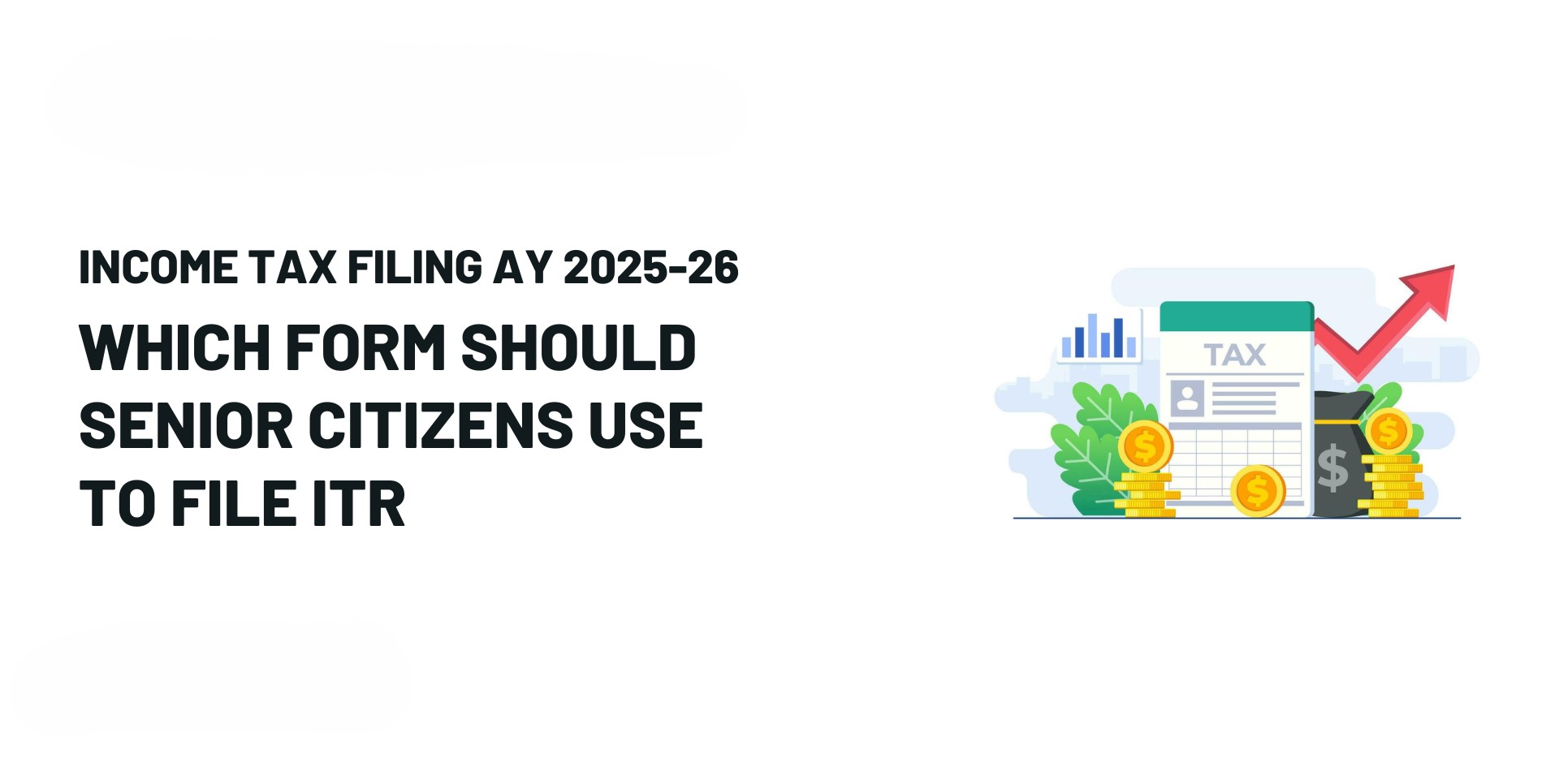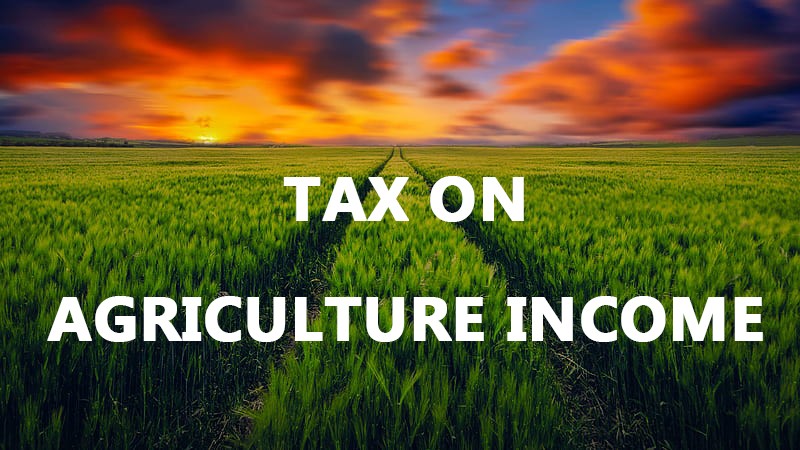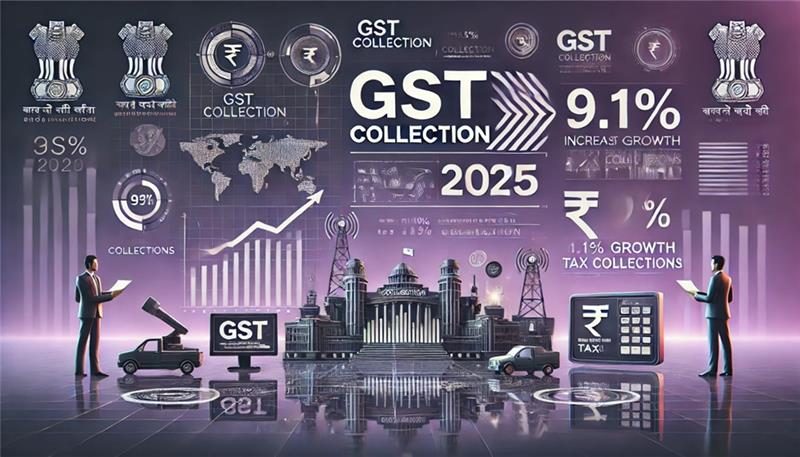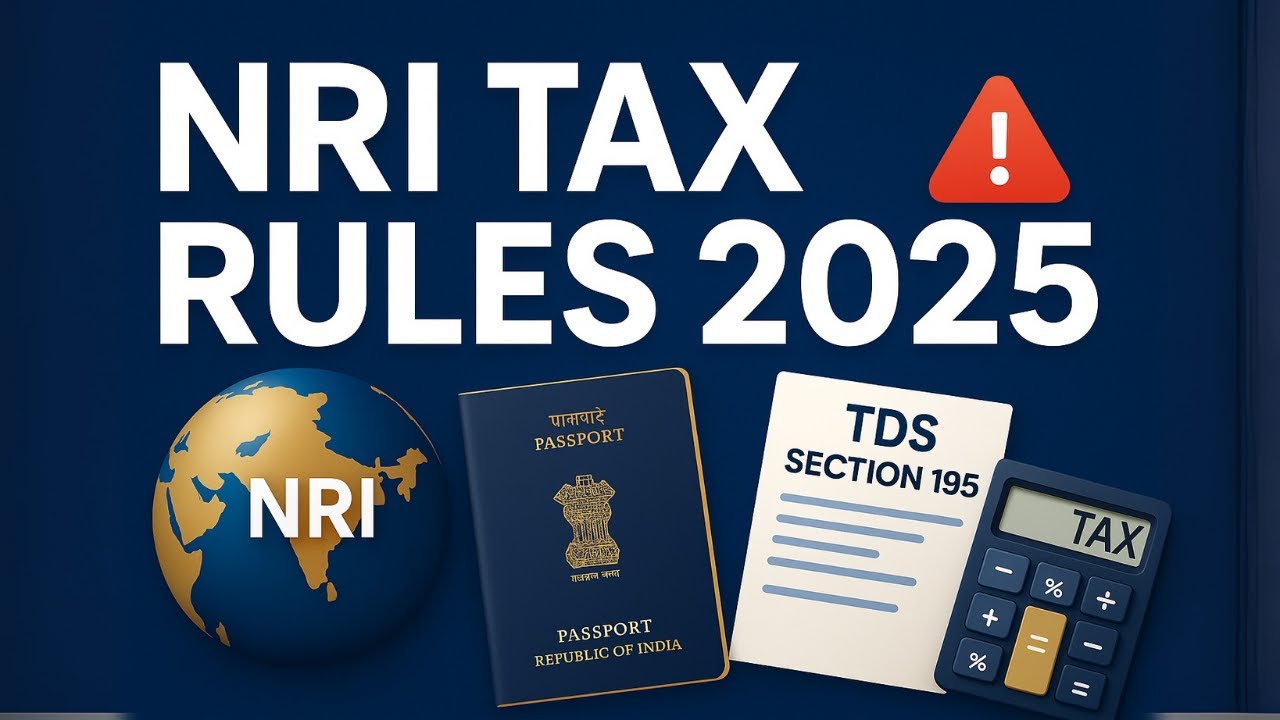How to File Income Tax for Senior Citizens in 2025
Senior citizens (60 years and above) enjoy higher exemption limits and special deductions while filing income tax in India. This guide explains, step by step, how senior and super senior citizens can file their Income Tax Returns (ITR) for the Assessment Year 2025–26 (FY 2024–25).
How to Claim Home Loan Tax Benefits under Section 24(b) and 80C in 2025
Buying a home is one of the biggest financial decisions in India, and the government provides multiple tax benefits on home loans to reduce the burden on taxpayers. Under the Income Tax Act 1961, homeowners can claim deductions on both principal repayment (Section 80C) and interest payment (Section 24(b)). In 2025, these rules continue to offer significant savings for salaried individuals, self-employed professionals, and first-time homebuyers.
Agricultural Income and Taxation Rules in India 2025
Agriculture continues to be a backbone of the Indian economy, and the government provides special income tax exemptions to support farmers. However, agricultural income is not entirely free from the income tax framework. In 2025, the rules for agricultural income taxation in India remain largely consistent, with certain clarifications and compliance requirements. This blog explains the latest taxation rules, exemptions, and filing procedures for agricultural income in India 2025.
Impact of GST 2.0 on Income Tax Collections in India: 2025 Analysis
The implementation of GST 2.0 in India marks a significant step towards tax simplification and improved compliance. While GST primarily affects indirect taxation, it also indirectly influences income tax collections by impacting taxpayer behavior, business growth, and compliance efficiency. This blog explores the short-term and long-term effects of GST 2.0 on income tax collections in 2025.
Section 87A Rebate: Eligibility and Tax Savings in 2025
Section 87A of the Income Tax Act provides a tax rebate for resident individuals with income below a certain threshold. Understanding eligibility, rebate amount, and tax-saving potential is crucial for taxpayers in 2025.
House Property and Rental Income: Taxation Rules in 2025
Rental income from house property is a common source of income in India. Understanding how house property income is taxed, deductions allowed, and filing rules is crucial for taxpayers in 2025. This guide covers income calculation, tax rates, exemptions, and practical examples.
How NRI Income Tax Rules Work in India: 2025 Guide
Non-Resident Indians (NRIs) have unique tax obligations in India. Understanding NRI income tax rules, exemptions, and filing requirements is crucial to stay compliant in 2025. This guide covers residential status, taxable income, deductions, and filing procedures for NRIs.
Capital Gains Tax in India 2025: Short-Term vs Long-Term Explained
Capital gains tax is a crucial part of India’s income tax system. Whether you are an investor in stocks, mutual funds, or real estate, understanding the difference between short-term and long-term capital gains is essential to plan your taxes efficiently in 2025.
Advance Tax Payment in India: Due Dates, Calculation & Penalties 2025 Guide
Advance Tax is a system where taxpayers pay their tax liability in installments instead of a lump sum at the end of the financial year. This ensures timely collection of taxes and reduces the burden at the time of filing the Income Tax Return (ITR). In 2025, knowing the due dates, calculation methods, and penalties is essential for compliance.
How Freelancers and Gig Workers Can Save Tax in India: 2025 Step-by-Step Guide
Freelancers and gig economy workers are a rapidly growing part of India’s workforce. While this offers flexibility and higher earning potential, tax compliance can be tricky. In 2025, understanding the latest income tax rules, deductions, and exemptions is essential for freelancers to optimize their tax liability.
TDS (Tax Deducted at Source) Explained: Rules, Rates & Latest Changes 2025
Tax Deducted at Source (TDS) is a key part of India’s taxation system. It ensures tax is collected directly from the source of income, preventing evasion and improving compliance. In 2025, several new rules and updates have been introduced that every taxpayer and business must know.
Complete Guide to Income Tax Deductions and Exemptions in 2025
This guide explains the most important deductions and exemptions available to taxpayers in India in 2025 (FY 2024–25 / AY 2025–26), how to claim them step-by-step, required documents, and common pitfalls to avoid.













